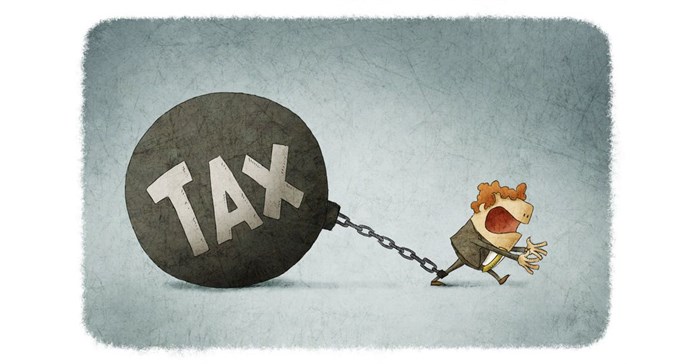As Big Tech squirms under unwelcome attention from US lawmakers, Europe is seizing the opportunity to follow, poking the behemoths to pay reasonable taxes that had been circumvented for years. Of course, this angers US President Trump, who will start a trade war at the donning of a hat. But is this huffing and puffing not the signal for South Africa to stand up and present an invoice for its lost revenues?
In demanding payment, France is furthest along, having signed a law that will levy a 3% tax on US companies above a certain threshold. This will include popular digital companies – most notably Facebook, Google, Amazon, Twitter, Uber – that have thus far managed to avoid tax through wispy definitions of virtual services and clever accounting.
Britain is not far behind, having announced the intention of a 2% tax which has put not only the “Special Relationship” at risk, but also the possibilities of a special post-Brexit cuddle. The new Conservative administration has also asserted that it wants access to data sent over WhatsApp and other platforms, which will put it at odds with Facebook and end any meaningful privacy that has made WhatsApp the primary stealth-ops communication service for suburbia and middle management.
Although Washington DC is wary of Big Tech, taxing or hindering innovation is anathema to the American Way. Be prepared to see US politicians who, until recently, were flaming Facebook to close ranks against the European menace of taxes.
This is a brave move, for politicians. Politicians prefer to be seen opening new data centres, connecting communities, coining pithy phrases and doing what Prometheus did first (daringly stole fire from the gods); they don’t like to be seen to block progress, taxing to death, losing followers and getting some of what Prometheus got next (liver was eaten by eagle only to grow back the next day and for the process to repeat itself ad infinitum).
France seems to be committed to this battle. It is actively working on other European countries and plans to put the issue to the G7 Summit later in August. Don’t expect any Irish cheer, though. Ireland has positioned itself as Airstrip Two in being the European tax haven of choice through the Double Irish system of tax avoidance, which Big Tech makes heavy use of. It’s also the reason why it’s virtually impossible to get a measure of revenues generated in countries like South Africa.
If France and Britain, the old empires, are striking back, should South Africa join the rebellion?
The revenues generated from Facebook and Google are not reported in any meaningful way. It has been raised before from the position of SA media and is grumbled about incessantly in these circles. Big Tech’s advertising services lower prices and flood the market with cheap inventory. Their targeting of potential customers is better than any local product set, but that targeting has been achieved by triangulating related services (Facebook owns WhatsApp and Instagram, Alphabet owns Google Search, Google advertising, Google Analytics and YouTube) and of the depth of publishers’ own content.
It is estimated that 80-90 cents of every rand spent on digital advertising in South Africa goes to Google and Facebook. That revenue is then extracted from this country to Ireland, save for the small change that the media buying agency will get as placement fees. Google ad account holders are now required to pay VAT in 2019, but expressly how that drips into the state’s coffers is still muddy until that sediment gets stirred.
Media generates much if not most of the local content that gets searched, posted and shared on these platforms, but has to fight for a fraction of the advertising spend. Brands that allocate their marketing budgets to agencies are mostly entirely unaware of this. Agencies, in turn, mostly owned by parent companies domiciled abroad, have mandates on how and where they should spend.
Brands and media need to have these conversations about how their rands spent on digital marketing are, should and could be spent. Industry bodies, such as the South African chapter of the Interactive Advertising Bureau, must realise that accommodating agencies by simply making media widen their goals is not going to raise the level of the game. Media owners need to look at the problem as being industry-wide and rally around a national, ethical standard.
As other markets lose patience with their financial practices it appears that the time to question Big Tech around its influence and monopoly is right now. Rent is due.
*This article was originally published on Daily Maverick.







































